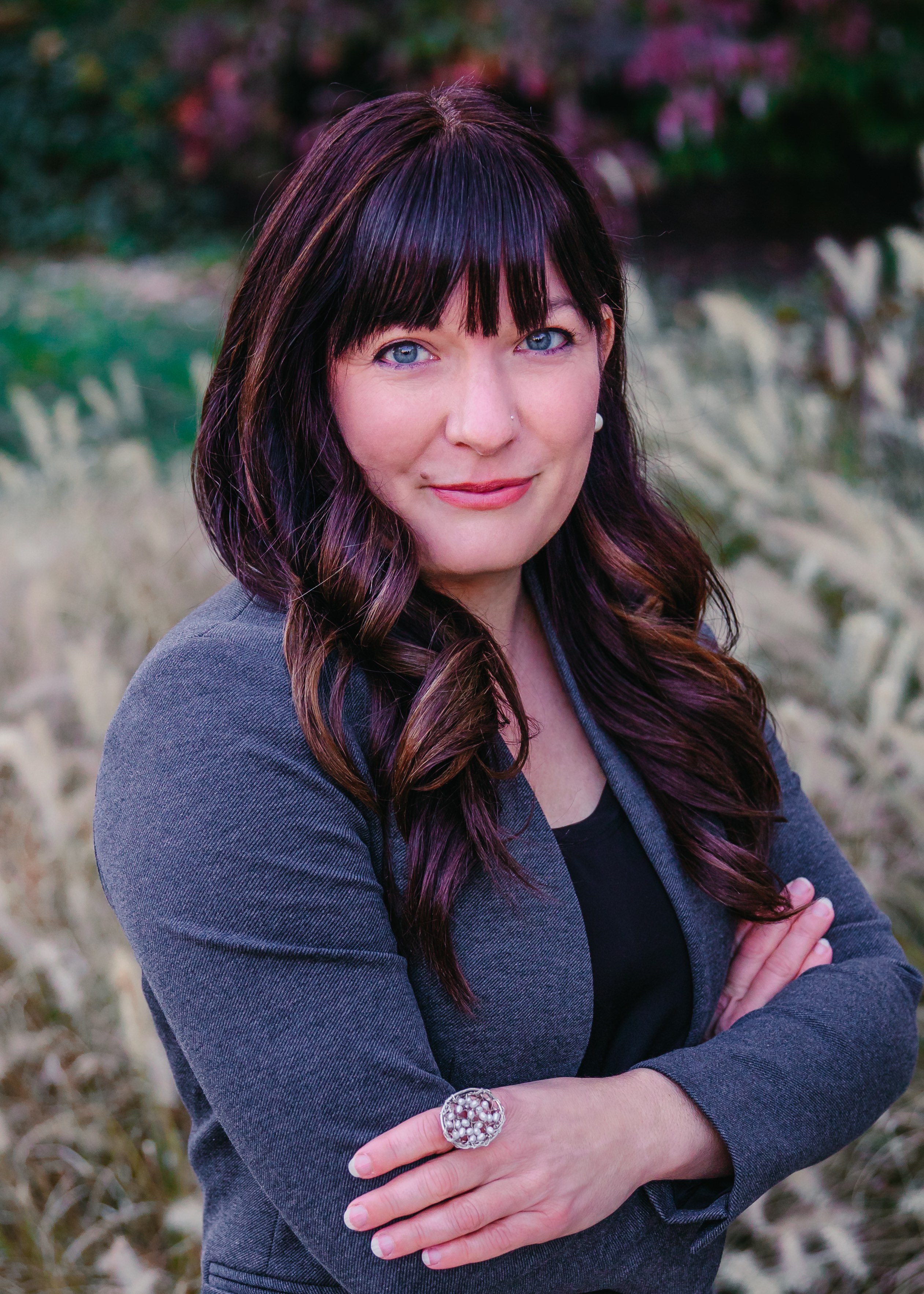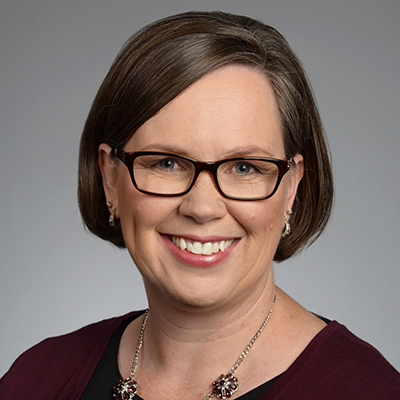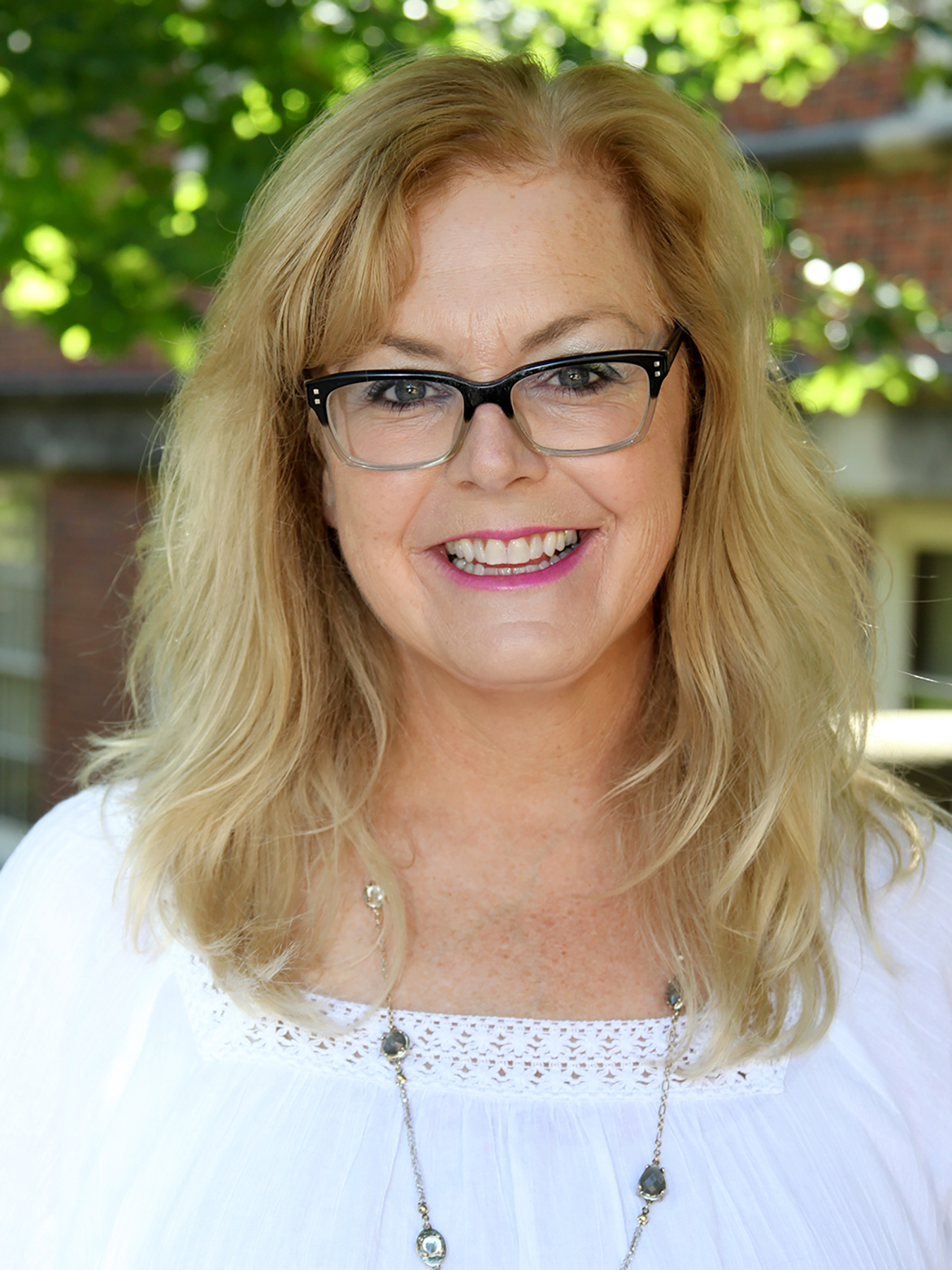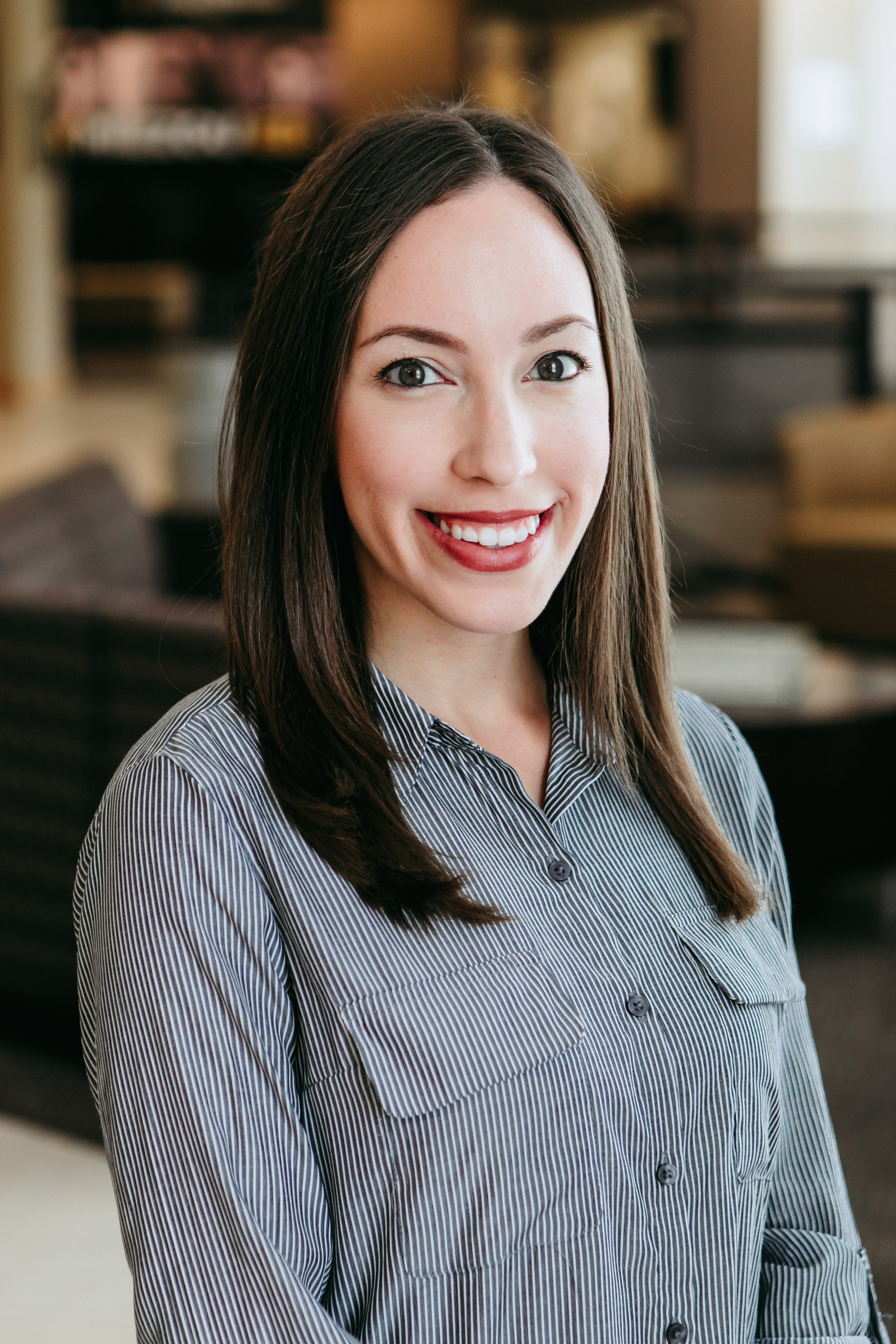Get started with Mizzou
Apply hereGraduate Certificate
You know special education expertise is in high demand. That’s why this 100% online graduate certificate in cross-categorical special education from the University of Missouri (Mizzou) can take your career to the next level. School districts look for leaders with special education skills like those offered in this 12-credit hour (4-course) program. You can complete this program while you work within a single school year.
Hone your ability with differentiated instruction, enhance your school’s learning environment and help every student establish strong foundations in literacy and numeracy. Courses focus on instruction that works for special education across multiple categories. Bolster student outcomes and your school district’s reputation with training that allows all students to flourish. Although this graduate program is not designed for those seeking teacher certification, the credits you earn can count toward a future master’s degree from Mizzou. Upon completion, you will be equipped with expertise that allows your school, your district and all of your students to thrive.
Quick facts
Official name
Graduate Certificate in Special Education Cross-CategoricalCampus
Program type
Graduate certificateAcademic home
College of Education & Human Development | Department of Special EducationDelivery mode
100% onlineAccreditation
Higher Learning CommissionCredit hours
12Estimated cost
$7,078.80*This cost is for illustrative purposes only. Your hours and costs will differ, depending on your transfer hours, your course choices and your academic progress. See more about tuition and financial aid.

Career prospects
Job titles include:
- Teacher
- Paraeducator
- Gifted program teacher
- Administrator
- Special education program coordinator
Program structure
Delivery of this program is 100% online: no campus visits are required.
Courses are cohort-based. Most students study part time, taking one to two classes per semester, and complete the course work in just a year.
Coursework includes
- Introduction to special education
- Behavioral and classroom management
- Literacy in special education
- Advanced teaching mathematics in special education
Delivery
100% onlineCalendar system
Semester-basedTypical program length
1 yearTypical course load
1-2 classes per semesterFurther your education
Students may apply the 12 credit hours earned for this graduate certificate to a variety of Mizzou’s master’s in education degrees such as autism, general special education and others. For more information, visit the Department of Special Education.
Accreditation
University of Missouri-Columbia is accredited by the Higher Learning Commission, one of six regional institutional accreditors in the United States.
Faculty spotlight

Jena Randolph is an assistant research professor and the training and education division director with the University of Missouri’s Thompson Center for Autism and Neurodevelopment. Her experience has a focus on collaborative and coordinated care for individuals with autism and developmental disabilities. She is one of the primary developers of the Training Experts in Autism for Missouri (TEAM) program, which provides autism training and support to professionals across disciplines throughout the state and of the Self-Determined Transition Readiness through Individual Vocational Experiences (STRIVE) program, which provides direct instruction, work experiences and peer mentorship to enhance employment readiness for young adults with autism.

Delinda van Garderen focuses her research on students with learning disabilities, struggling learners, and teachers in the content areas of mathematics and science. In particular, she studies how students and teachers use representations to solve mathematics word problems, student development and intervention in number (e.g., conservation of quantity, numerical magnitude), and use of Universal Design for Learning to plan instruction to meet the needs of learners in science. She is currently completing a DR-K12 NSF grant, “QuEST: Quality Elementary Science Teaching,” designed to examine the impact of a professional development model for improving teacher content knowledge and pedagogical practices in science.

Melissa Stormont has published extensive research on the educational and social needs of children at risk for failure in school. Dr. Stormont teaches undergraduate and graduate students in special education. Her specialties include exploring teachers’ knowledge and use of specific instructional practices for children at risk, investigating characteristics associated with risk and success in school, and supporting children with ADHD in school.

Jessica Rodrigues is an associate professor in special education at the University of Missouri. She is the principal investigator on two National Science Foundation (NSF) grants — one of which is an NSF CAREER award. Dr. Rodrigues' research interests include research communication for sharing mathematics-focused education research with wide audiences, mathematics screening for the identification of learners experiencing mathematics difficulty, developing and testing mathematics interventions and supporting teachers’ mathematics understanding with professional development opportunities.
